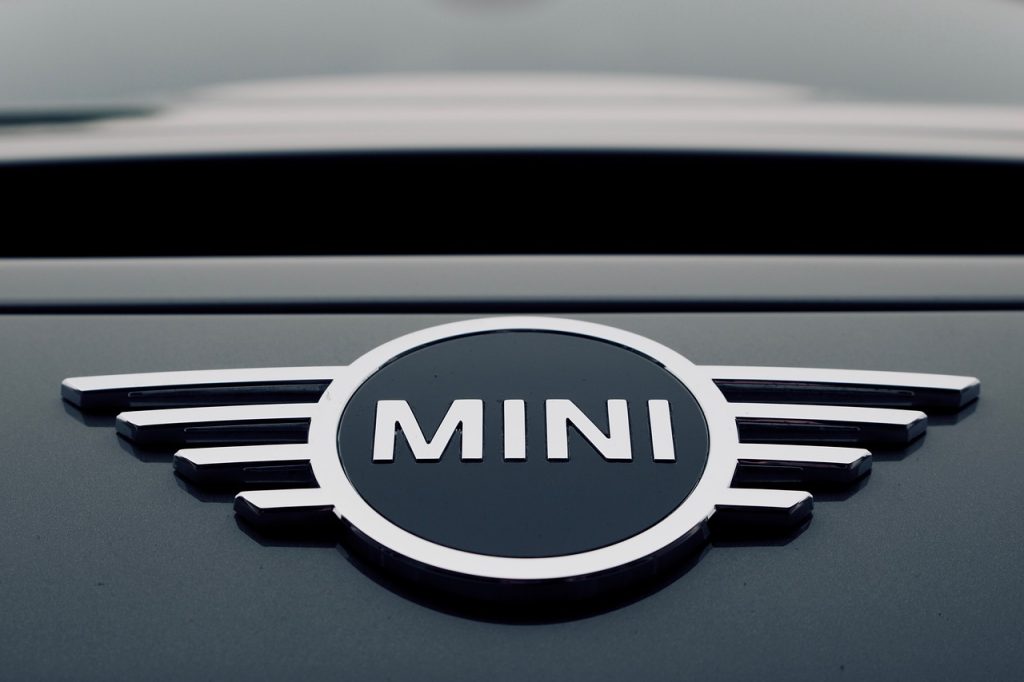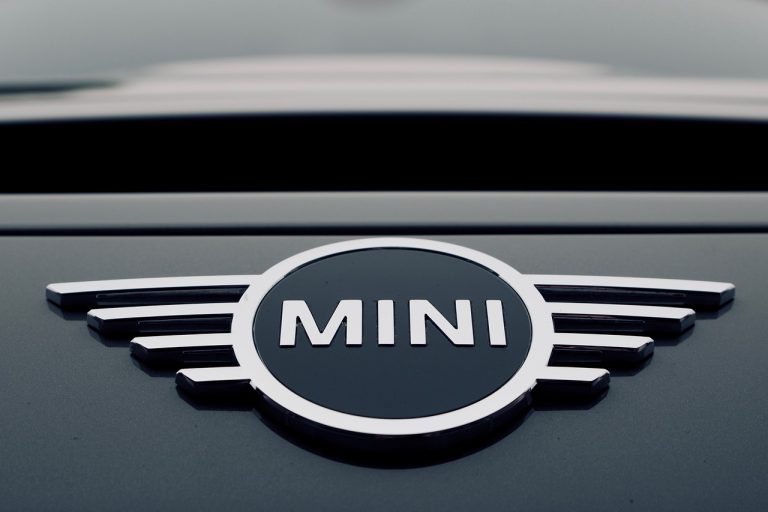Maintaining the engine of your Mini Cooper is essential to keeping it running smoothly, reliably, and efficiently. Whether you own a classic model or a newer version, regular maintenance is crucial for ensuring your engine operates at peak performance. In this article, we’ll provide some expert tips on how to keep your Mini Cooper engine in top condition for years to come.
1. Regular Oil Changes
Changing your Mini Cooper’s oil is one of the most important maintenance tasks you can do to ensure engine longevity. Engine oil lubricates the internal components of the engine, reducing friction and wear. Over time, oil degrades and loses its effectiveness, which can lead to overheating and engine damage. For most Mini Coopers, an oil change is recommended every 5,000 to 7,500 miles, but always refer to your owner’s manual for specific guidelines. Additionally, using the correct oil type and grade for your Mini Cooper is critical for optimal engine performance.
2. Monitor the Cooling System
Mini Cooper engines rely on a well-maintained cooling system to prevent overheating, especially during hot weather or when driving in stop-and-go traffic. Regularly check the coolant level and ensure there are no leaks in the radiator, hoses, or thermostat. It’s also important to periodically flush and replace the coolant to avoid corrosion and scale buildup inside the system. Overheating can lead to severe engine damage, so make sure the radiator and cooling system are functioning properly to prevent costly repairs.
3. Change Spark Plugs and Air Filters
Spark plugs are responsible for igniting the fuel mixture in your engine, and worn-out spark plugs can cause misfires, rough idling, and poor fuel efficiency. It’s essential to replace your Mini Cooper’s spark plugs at the recommended intervals, typically every 30,000 to 50,000 miles. Similarly, the air filter plays a vital role in maintaining proper airflow to the engine. A clogged air filter reduces engine efficiency and can cause performance issues. Replacing the air filter every 12,000 to 15,000 miles helps ensure that your engine gets the clean air it needs to run smoothly.
4. Inspect Belts and Timing Chains
Belts and timing chains are crucial components that ensure the engine’s various parts operate in sync. The serpentine belt powers critical accessories like the alternator, power steering pump, and air conditioning compressor. If a belt breaks or becomes worn, it can cause serious engine issues. Similarly, the timing chain controls the synchronization of the engine’s camshaft and crankshaft, which is essential for proper combustion. Regular inspections of belts and timing chains can help prevent unexpected breakdowns and engine damage.
5. Keep an Eye on the Exhaust System
The exhaust system plays an essential role in removing harmful gases from the engine and reducing emissions. A clogged or damaged exhaust can reduce engine performance and fuel efficiency. Regularly check for any rust, leaks, or damage in the exhaust components, such as the catalytic converter, muffler, and exhaust pipes. If you notice any unusual sounds, such as rattling or loud noises, or if your fuel economy starts to drop, it’s a sign that the exhaust system may need attention.
By following these maintenance tips, you can ensure your Mini Cooper runs efficiently, smoothly, and reliably. Regular maintenance not only helps prevent costly repairs but also keeps your engine performing at its best for years to come. Taking care of your Mini Cooper engine will ultimately provide you with a more enjoyable and worry-free driving experience




